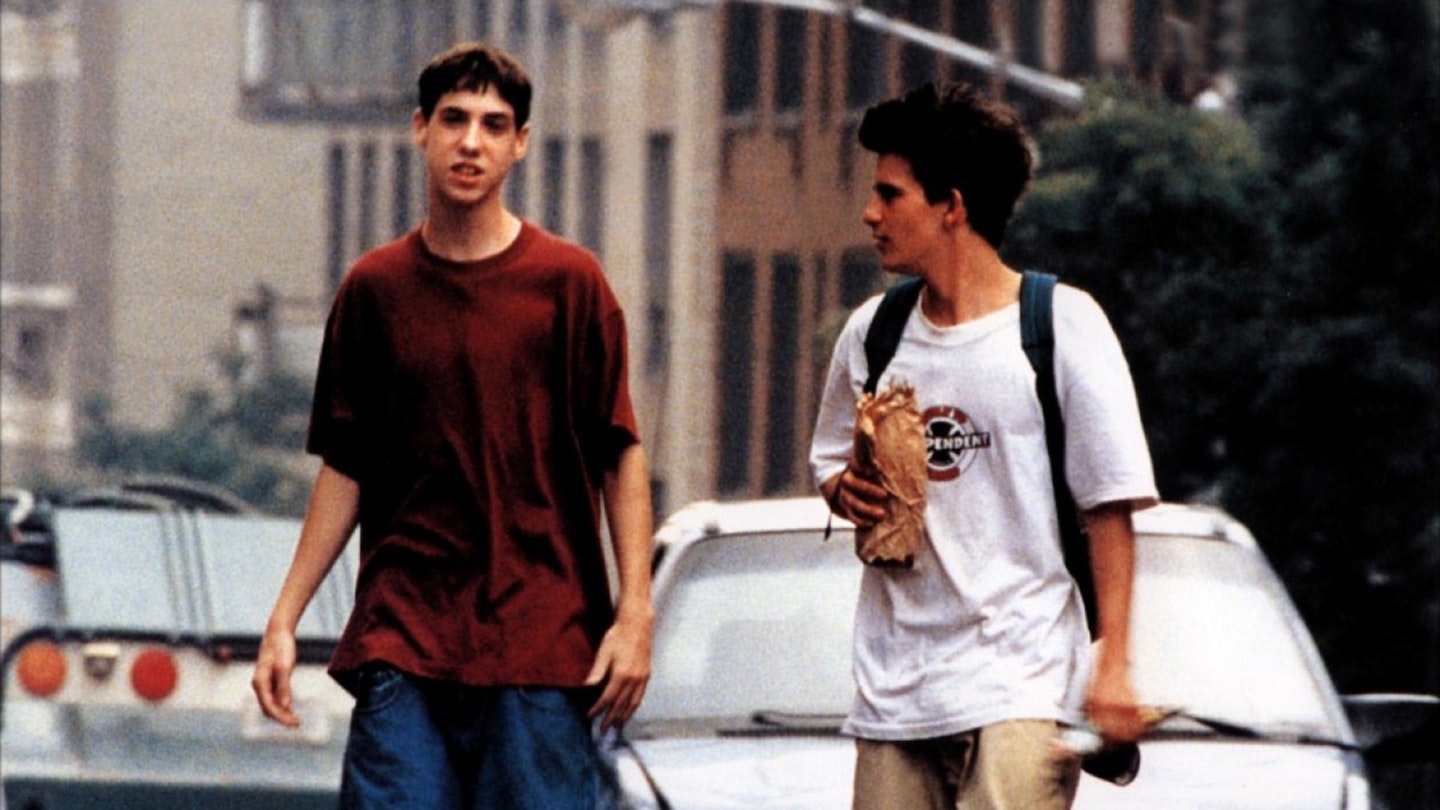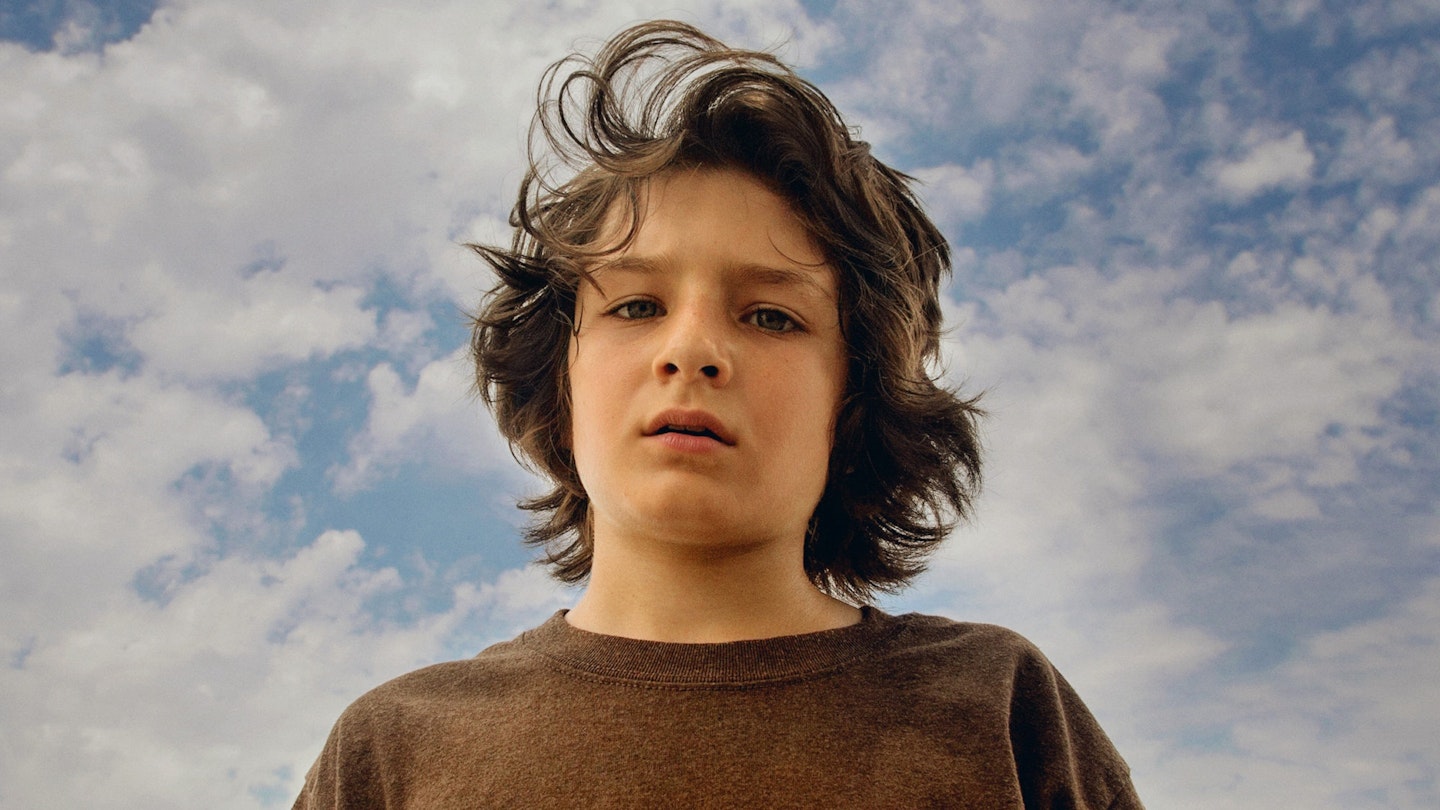For the last few decades there has been a definite series of conventions with regard to adolescent sexual encounters in coming-of-age movies. You know the score. A quick snog here. The odd fumble there. It is a rose-tinted view which somehow suggests a teenage innocence that seems reassuring if not strictly accurate.
To say that Larry Clark's debut does not adhere to such a tradition is like suggesting that Mike Tyson might be capable of giving someone a nasty clip. A loose semi-documentary about New York's teen youth, Clark's highly controversial debut feature tells the story of 24 hours in the life of pubescent layabout Telly (Fitzpatrick) who, in the film's opening shot, we discover playing tonsil hockey with his latest sexual conquest. Telly, it turns out, likes his girlfriends even younger than he is ("Virgins... I love them! No diseases!") and between bouts of shoplifting and dope-smoking tries to woo as many as possible. In a parallel story we also find out that Jenny (Sevigny), one of Telly's previous underage one night stands, is not only HIV positive but could only have contracted the disease from him.
That the end product is an experience can hardly be denied. Whether it is an experience that anyone would wish to endure on a Saturday night, though, is another question altogether. Indeed, while in one sense the film can be taken as an apocalyptic warning about modern-day latchkey kids there is little doubt that ex-photographer Clark's lingering camerawork frequently suggests something more creepy altogether. Perhaps there are just some stories that need to be told within the confines of a real documentary. Or not at all.

